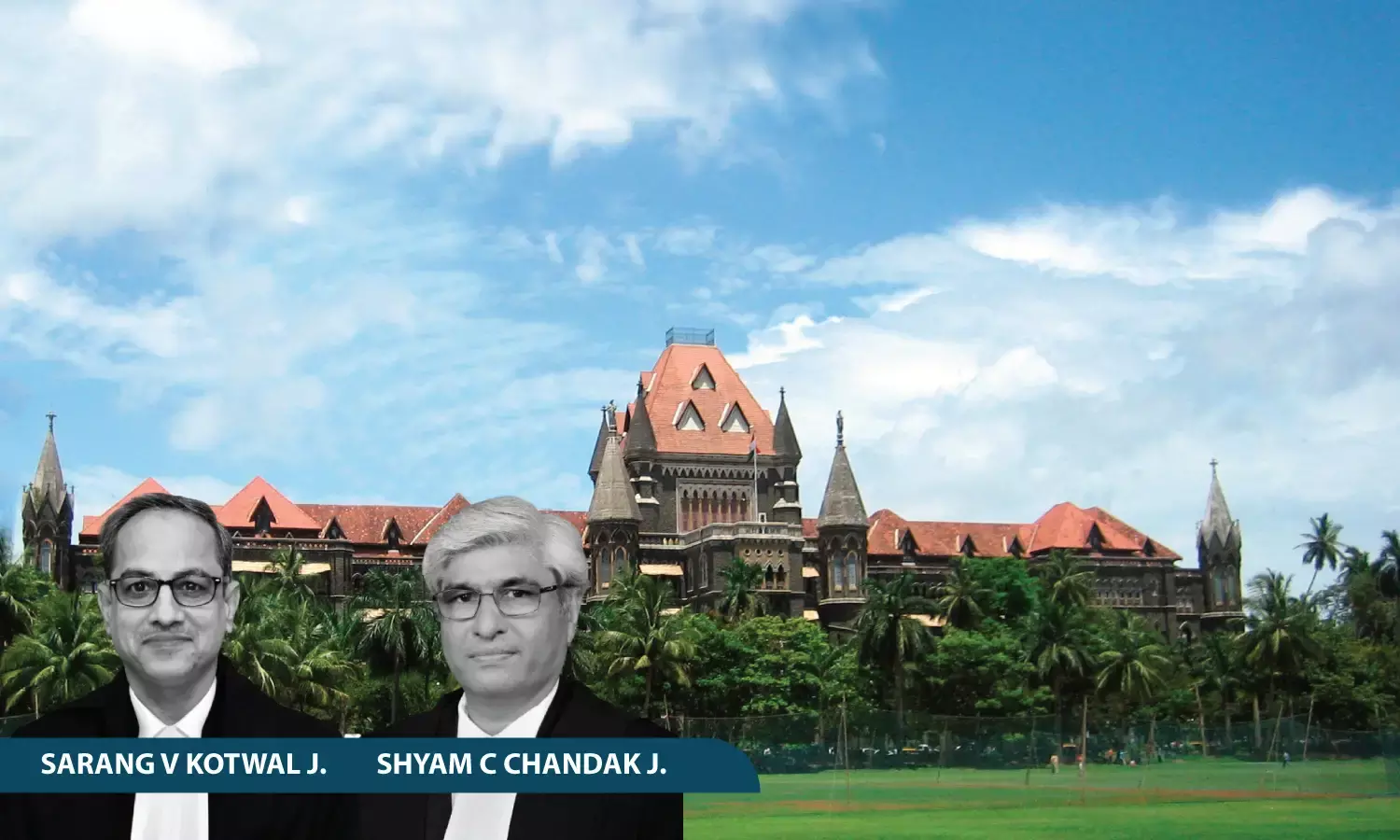Conduct Cruel; Took Undue Advantage Of Wife’s Vulnerability: Bombay High Court Upholds Life Imprisonment For Man Who Set Wife On Fire
The Bombay High Court dismissed an Appeal challenging the conviction and sentence of a man for the murder of his wife.

Justice Sarang V. Kotwal, Justice Shyam C. Chandak, Bombay High Court
The Bombay High Court upheld the life imprisonment awarded to a man who set his wife on fire, while remarking that his conduct was cruel as he took undue advantage of the vulnerability of his own wife and children.
The Court dismissed an Appeal challenging the conviction and sentence of a man (Appellant) for the murder of his wife. The Prosecution alleged that the Appellant picked up a quarrel with the deceased, poured kerosene on her, and set her on fire. Their children woke up, and the Appellant "did not make any attempt to douse the fire." Instead, he "brought the children outside and latched the door," preventing them from helping their mother, and then went away. The deceased succumbed to her burn injuries the next day, and the post-mortem examination revealed that the deceased had suffered 94% burn injuries.
A Division Bench of Justice Sarang V Kotwal and Justice Shyam C Chandak remarked, “The important consideration is that, to take recourse to this benefit, the offender should not have acted in a cruel or unusual manner. In the present case, after setting Pushpa on fire, the Appellant took the children out of the house and had latched the door from outside when Pushpa was still burning inside. He prevented anybody else to help Pushpa. He had thrown kerosene on her and had set her on fire. All this conduct is definitely cruel and he had taken undue advantage of the vulnerability of his own wife and children. Therefore, the Appellant cannot claim benefit of taking his case within Exception 4 to Section 300 of IPC.”
Advocate Nasreen Ayubi appeared for the Appellant, while APP Sharmila Kaushik represented the Respondent.
Brief Facts
The Prosecution alleged that the Appellant, a tailor by profession, was not looking after his family, used to disappear for months, and was addicted to gambling, neglecting his family. The deceased wife earned their livelihood by rolling bidis.
Court’s Reasoning
The High Court noted, “Another important incriminating piece of evidence is in the form of evidence of the Appellant and the deceased’s daughter PW-3 Shirisha. She has described the incident in detail. She was very much present in the house. She had seen that Pushpa had caught fire. The Appellant was present there. He had pulled PW-3 and her brother out of the house and then had latched the house from outside when Pushpa was inside the house and had caught fire. This clearly shows that the Appellant had prevented the children from helping Pushpa and saw to it that Pushpa suffered fatal burn injuries.”
“We are also not satisfied that the offence could be the one punishable under Section 304 Part I of IPC and not punishable under Section 302 of IPC,” the Bench remarked.
Consequently, the Court ordered, “As a result of the above discussion, we do not find any reason to interfere with the impugned Judgment and Order. The learned Judge has given proper reasons in convicting and sentencing the Appellant. As a result, the Appeal fails and is accordingly dismissed.”
Accordingly, the High Court dismissed the Appeal.
Cause Title: Ambadas Chandrakant Aaretta v. The State of Maharashtra (Neutral Citation: 2025:BHC-AS:23574-DB)

